Why Every Brand Is Switching to SMS Gateways in 2025
In 2025, every brand wants to talk to people fast and in a safe way. That’s why many companies are now using SMS Gateways...
Learn more



Your business needs good communication. SMS is one of the most immediate and trusted ways to get in touch with your customers. Underneath every successful message delivered is a robust SMS Gateway, and the infrastructure that ensures messages from your applications can get through to mobiles without being lost or delayed. An SMS gateway provider is an important piece to any business organization, it is what makes communication seamless, reliable, and instantly scalable across customers, teams, and regions.
An SMS Gateway is a technology that connects the internet to mobile phones. Serving as the gateway between your enterprise programs and mobile networks, it translates messages into a compatible format for delivery to carriers.
Some SMS Gateways can process both one-way and two-way messaging, even though a one-way message can be as well forwarded from a specific smart device to any recipient using an API.
Accessing and using an SMS gateway is straightforward when you follow these steps:
1. Choose a ProviderCompare providers based on reliability, coverage, pricing, features, and support. Think about whether you need local compliance, such as DLT registration in India, international reach, or specific features like sender ID management and number pooling.
2. Sign Up & VerifyCreate an account on the provider’s portal. Many providers need business verification, like company documents or KYC, before allowing production sending, especially for transactional or promotional traffic.
3. Select Access MethodDecide how your systems will connect:
After signing up, you'll receive API keys, a username and password, or SMPP credentials. Keep these safe, as they provide access to your messaging account.
5. Sandbox & Test EnvironmentUse the provider’s sandbox or test account to send trial messages and check delivery reports without incurring costs. Test multiple carriers and international destinations if needed.
6. Configure Sender IDs & DLT (if applicable)Register your sender name (alphanumeric sender ID) or dedicated number. In some areas, such as India, you must register templates and sender IDs on regulatory platforms (DLT) before sending promotional messages.
7. Implement & IntegrateIntegrate the API or SDK into your application:
Use analytics to track delivery rates, latency, and carrier performance. Adjust routing or use alternate routes if you notice delivery issues.
10. Go Live & ScaleMove from the sandbox to production after successful testing. Monitor quotas, costs, and throughput, and scale SMPP or API connections as message volume increases.
When choosing an SMS gateway provider, it’s important to pick one that meets your business needs. Here’s a breakdown of the key features and why they matter:
1. API IntegrationThe best SMS gateways have user-friendly APIs to enable your applications, websites or CRMs to send automatic messages. This is less of a burden on manual work, reduces the potential for error and also allows sending messages in real-time. Through API integration you can send SMS for alerts, notifications, OTPs or marketing purposes straight from your systems.
2. Two-Way MessagingTwo way messages send and receive messages between your business and customers. This feature is good if you are looking for bidirectional communication, collecting feedback or answering queries and react with your customers in a new way of interaction to boost responses that no one else can offer.
3. Bulk MessagingBulk messaging lets you send thousands of messages at once. This is vital for marketing campaigns, promotions, or alerts when you need to reach a large audience quickly. Effective bulk messaging ensures that campaigns are delivered on time and with minimal manual effort.
4. Delivery Reports & AnalyticsDeliver reports are useful for determining if your messages were, well, delivered. Advanced analytics also allow you to track campaign performance, measure engagement and identify patterns. Such information is key to enhancing messaging tactics and better targeting consumers.
5. Global ReachIf your company has international customers, then you need a gateway with global coverage to deliver your messages to phones in countries and on networks around the world. It allows smooth communication with customers and users all over the world without compatibility issues.
6. Security & ComplianceMessages must be transmitted securely, a responsible provider will encrypt and secure your messages in transit. By conforming to regulations such as DLT (India), GDPR (Europe) or more local ones, you minimise legal and financial risks for your business while earning customer trust.
7. High Uptime & SLAsHigh uptime and strong Service Level Agreements (SLAs) ensure that your SMS gateway runs reliably without interruptions. This is especially important for transactional messages, alerts, and critical notifications, where delays can affect business operations or customer experience.
8. Flexible PricingA flexible pricing model allows businesses to pay based on their usage, whether per SMS, through bulk packages, or monthly subscription plans. With transparent pricing, you can control costs and scale your messaging operation as your business expands.
The wrong provider can lead to delays, failed deliveries, and poor customer experience. A dependable provider ensures:
For businesses relying on alerts, authentication, or marketing, these factors are essential to maintain trust and operational continuity.
SMS Gateways are useful across many business functions:
A dependable SMS Gateway is more than infrastructure — it’s a strategic communication channel. Shree Tripada SMS Gateway ensures your messages are fast, secure, and scalable while maintaining compliance and excellent deliverability. By following the access steps above, you can integrate seamlessly, test thoroughly, and scale confidently. With Shree Tripada’s reliable and auditable messaging solutions, your business can strengthen customer trust and operate more efficiently.
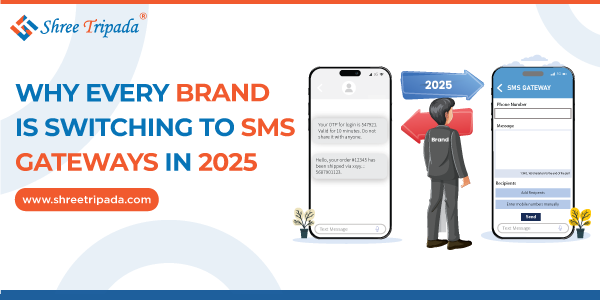
In 2025, every brand wants to talk to people fast and in a safe way. That’s why many companies are now using SMS Gateways...
Learn more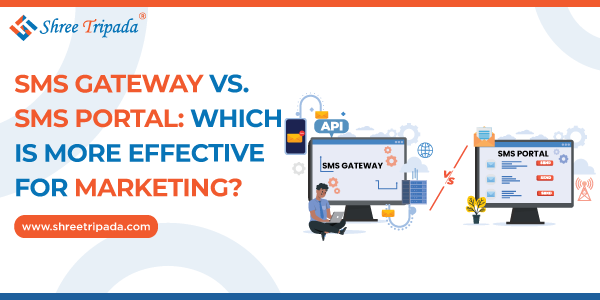
In the past, businesses used ads in newspapers, TV commercials, and emails to reach people. But as technology improved and people...
Learn more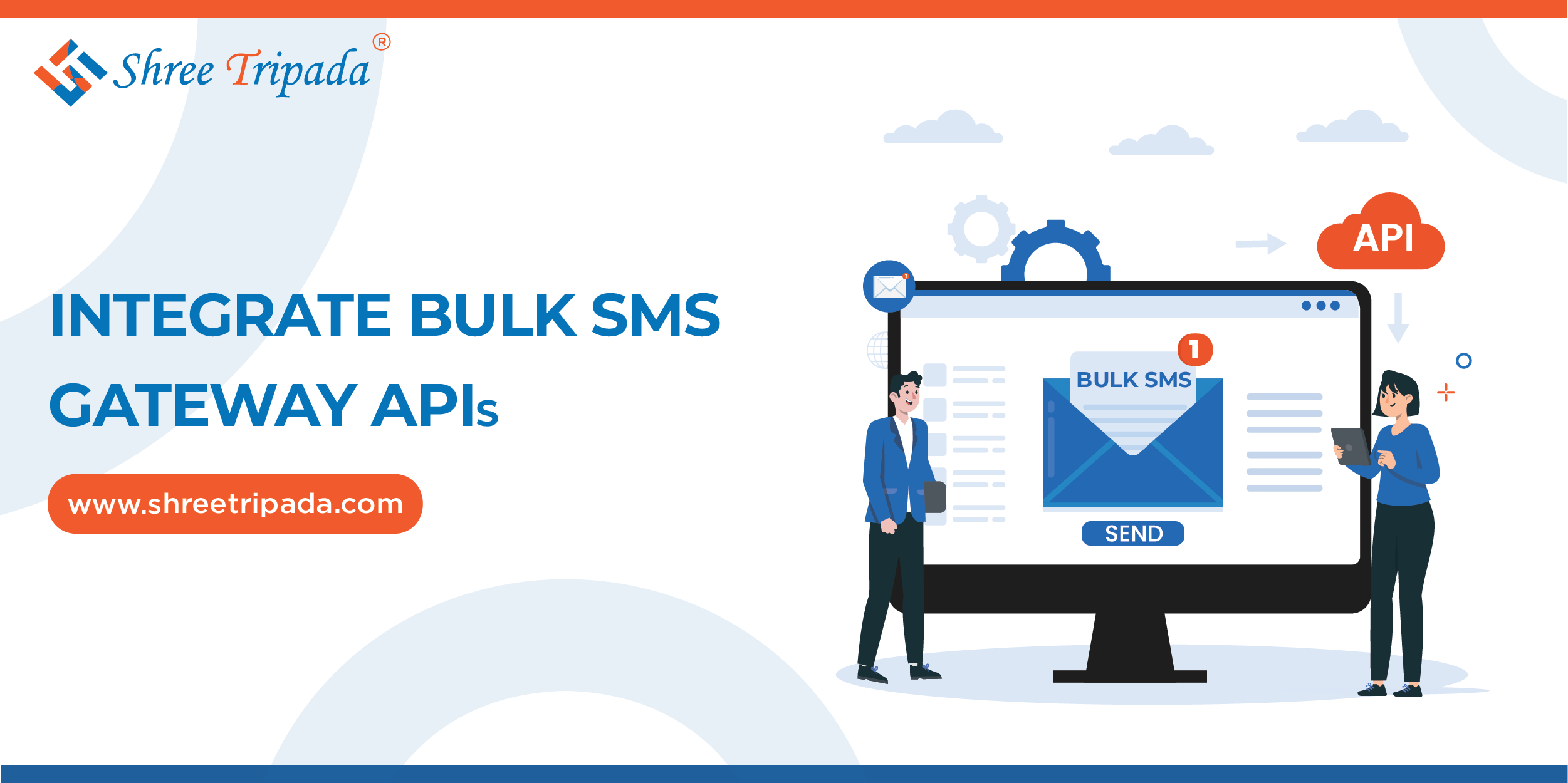
In today’s digital age, businesses need to communicate quickly and effectively with their customers. Bulk SMS services have become...
Learn more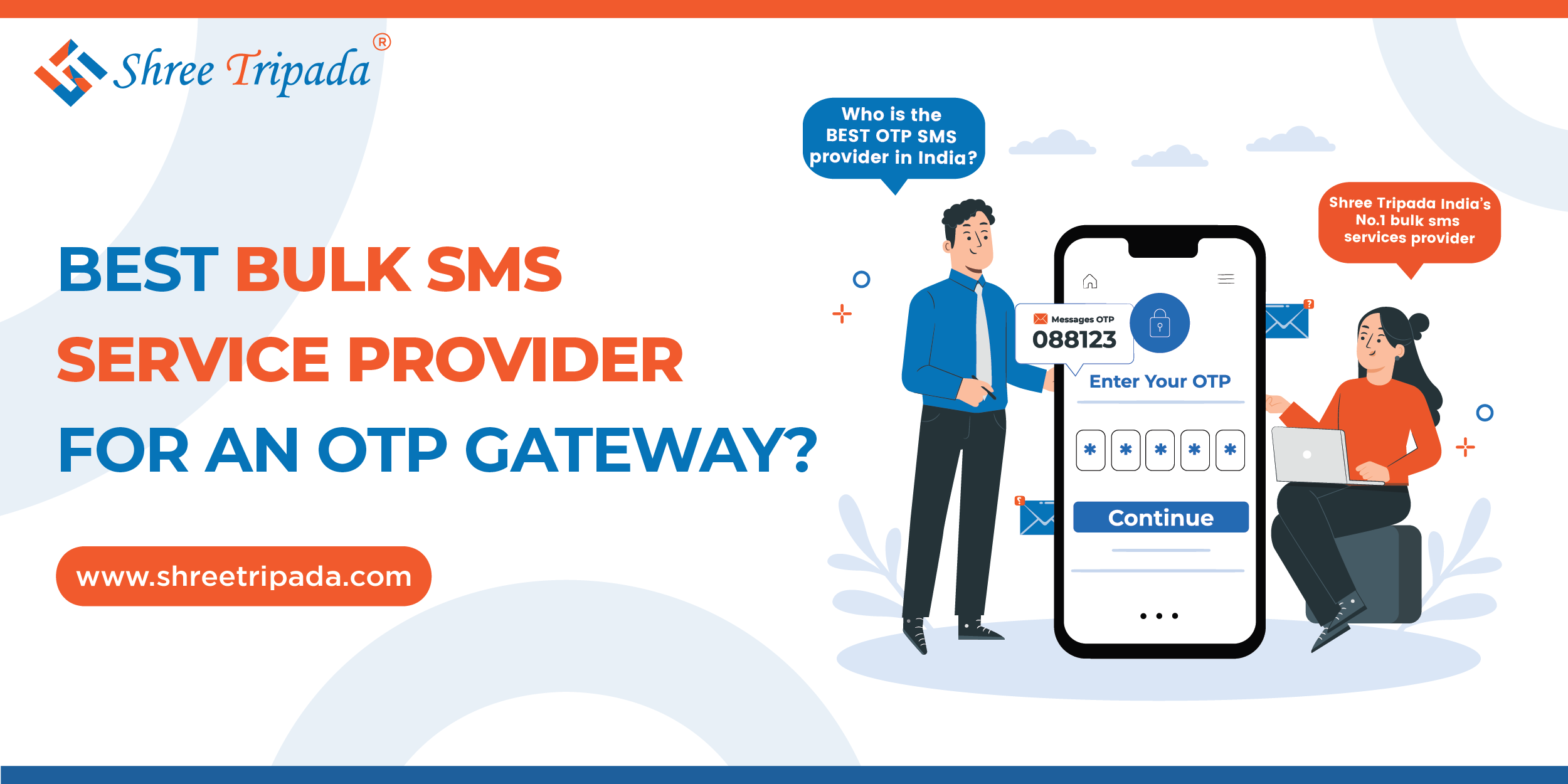
Hacking is all too frequent in the realm of technology. The security of data is critical. The government offers numerous levels and methods...
Learn more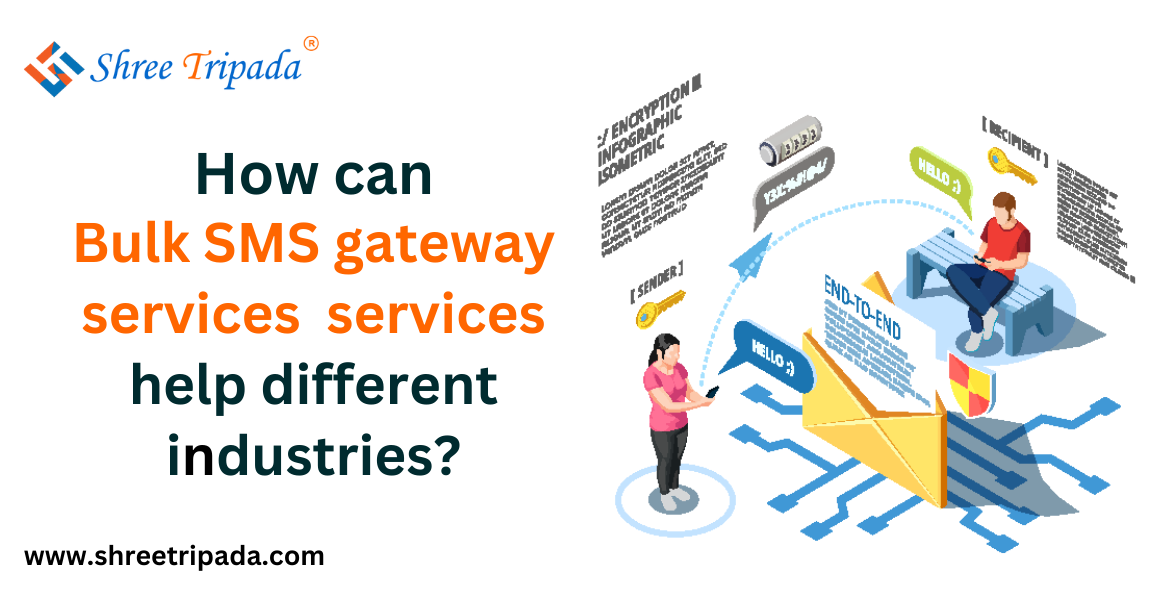
It’s been quite difficult to send SMS texts to numerous clients. Using Bulk SMS messaging businesses can send SMS messages to a large...
Learn more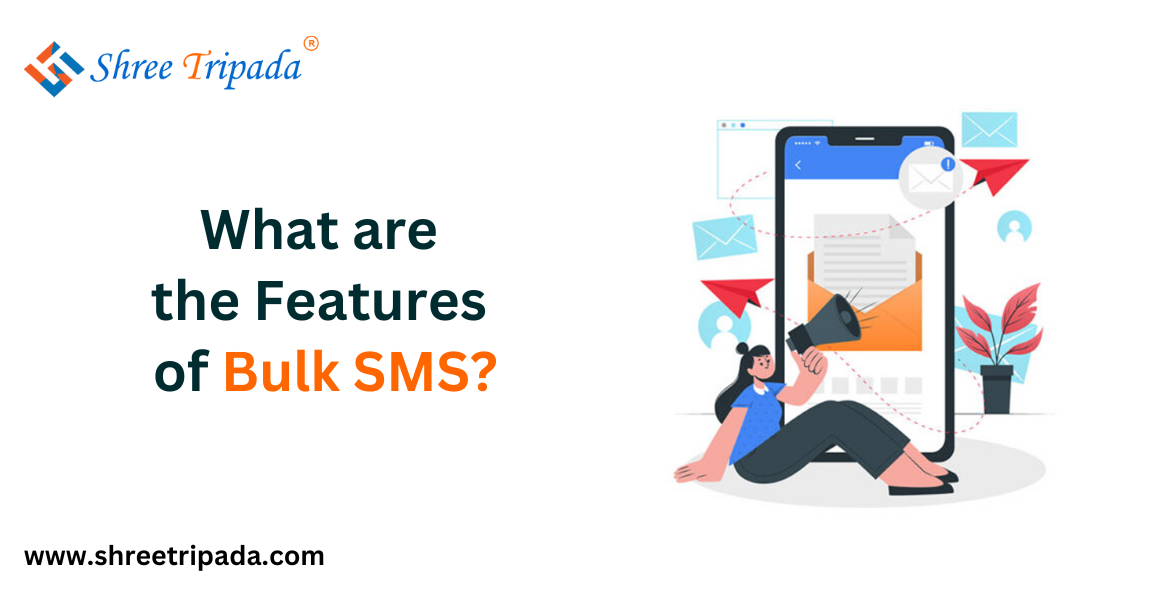
The demand for Bulk sms service is huge nowadays. Since there are numerous bulk sms gateway providers in India...
Learn moreImportant Links
Shree Tripada Infomedia India Private Limited
Corporate Head Office:
706 , 7th Floor , North Plaza, Nr 4D Square mall, Beside PVR, Opp Palladium
Nr.Visat Circle ,Motera, Sabarmati, Ahmedabad, Gujarat 380005